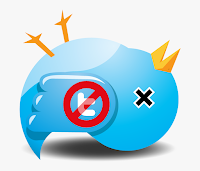Your AI code generators are your new net-negative developer

...and they can generate bad code far faster than any human... In case you've missed it, there's is a new buzzword going around. Artificial Intelligence, aka "AI". If you believe the hype, these clever little learning programs are the solution to everything, from creating fine art to curing cancer, to writing software. They vacuum in existing data (the 'training set'), then use this knowledge dump to decide how to solve problems they are given. " It writes code? Great! ", I can hear you say. " I can use this to write my code faster! ". Certainly this is a comment I am hearing from managers, and also inexperienced developers. Not so fast, folks... Several experienced developers, including myself, have been poking around these code generation tools to see if they live up to the hype. I can assure you they don't. I am not an AI expert, but I strongly suspect that this is a function of how these tools work. Think about it - the learning ne





